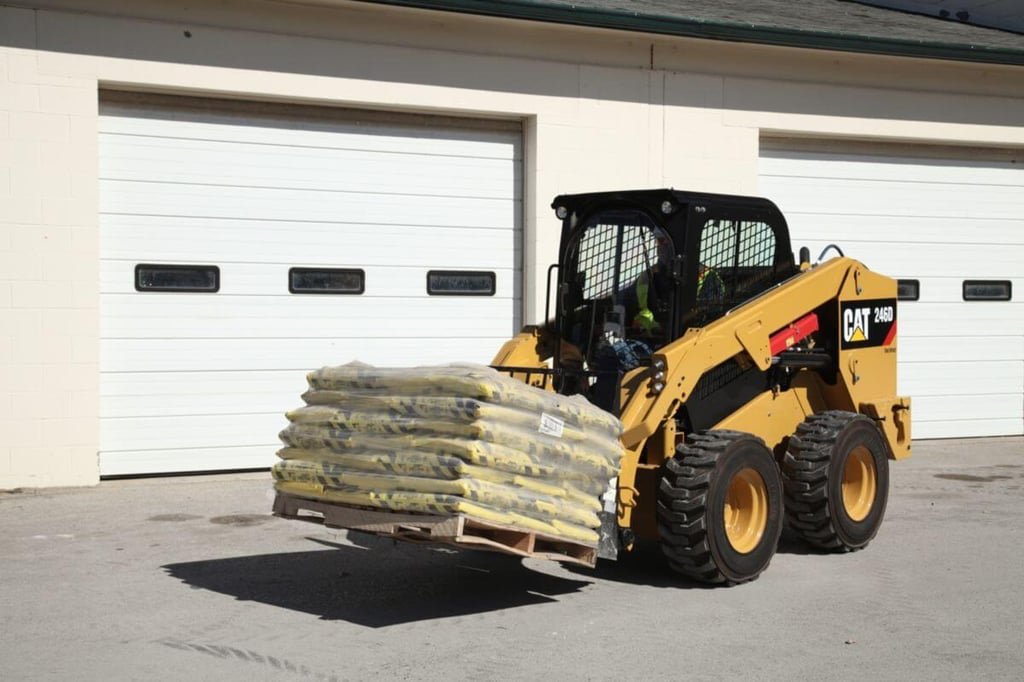Introduction
Starting an insulation business can be a profitable venture, especially as energy costs soar and homeowners seek efficient ways to save. An insulation business provides a crucial service, helping buildings stay warm in the winter and cool in the summer. But launching an insulation business isn’t just about blowing insulation into attics or walls; it’s about knowing the ins and outs of the market, delivering top-notch customer service, and staying on top of industry trends. If you’re considering starting an insulation business or expanding one, this guide will walk you through everything you need to know to succeed.
Why Start an Insulation Business?
With increased demand for energy-efficient homes and businesses, the insulation industry is on the rise. Insulation saves homeowners money on heating and cooling, reduces carbon footprints, and even boosts property values. Plus, there are various types of insulation—spray foam, fiberglass, cellulose—that each cater to different customer needs, giving you flexibility in your offerings.
Steps to Start Your Insulation Business
Let’s break down how you can launch and grow an insulation business that stands out in the market.
1. Do Your Market Research
Before diving in, take time to understand your local market. Research competitors, customer needs, and the types of insulation commonly used in your area. Here are a few questions to guide your research:
- Who are the leading insulation businesses in your area?
- What types of insulation are most popular in your region?
- What are the main needs of your target audience?
Research is crucial because it shapes everything from your service offerings to your marketing tactics.
2. Choose Your Niche
Insulation isn’t a one-size-fits-all service. By focusing on a niche, you can target a specific audience and become known for expertise in that area. Some niches include:
- Residential insulation – Homes and apartments
- Commercial insulation – Offices and commercial properties
- Specialized insulation – Soundproofing, fire-resistant insulation, etc.
Selecting a niche allows you to stand out and establish a loyal customer base.
3. Set Up Your Business Structure
Once you’ve identified your market and niche, it’s time to establish the legal structure for your business. The business structure could be a sole proprietorship, partnership, LLC, or corporation. Each structure has its pros and cons, so choose one that aligns with your goals and offers the right level of liability protection.
Essentials for Running an Insulation Business
Starting an insulation business doesn’t just stop at getting equipment and supplies. Here are key essentials to focus on:
1. Quality Equipment and Materials
It’s essential to invest in the proper tools and materials. Look for trusted suppliers who offer high-quality products, like insulation materials and safety gear. The right tools ensure that your work is efficient and meets industry standards.
2. Staff Training and Certification
Since insulation installation requires technical skills, make sure your team is well-trained. Consider certifications like those from the Insulation Contractors Association of America (ICAA) or other credible organizations. Trained, certified staff not only enhance your company’s reputation but also minimize the chances of errors and accidents on the job.
3. Comprehensive investment Coverage
Insurance is a must in the insulation industry. General liability insurance, workers’ compensation, and professional liability insurance are all essential to protect your business from unforeseen issues, like accidents or damage to a client’s property.
4. Marketing Your Insulation Business
Marketing plays a vital role in growing your business. From online advertising to local outreach, here are some strategies to attract customers:
- Build a website: A professional website allows customers to find you easily, view services, and request quotes.
- Use social media: Share photos of completed projects, customer testimonials, and energy-saving tips to engage potential clients.
- Partner with local businesses: Building relationships with contractors and real estate agents can lead to steady referrals.
- Offer seasonal promotions: Discounts during peak seasons can attract new customers and encourage repeat business.
Common Challenges in the Insulation Business
While the insulation industry is rewarding, it’s not without challenges. Here are some potential challenges to keep an eye on:
- Fluctuating demand: Insulation needs can vary by season, so plan for peak and off-peak times.
- Strict regulations: Compliance with building codes and energy efficiency regulations is essential.
- Intense competition: Larger companies may dominate the market, but with niche services and superior customer support, you can still thrive.
Conclusion
Starting an insulation business can be a smart move in today’s eco-conscious world. As more property owners aim to save on energy costs, the demand for insulation services continues to grow. By understanding your market, selecting a niche, investing in quality training and equipment, and executing a solid marketing strategy, you’ll be well on your way to a thriving insulation business.
FAQs
1. What are the startup costs for an insulation business?
Startup costs vary based on location, the type of insulation services offered, and business size. Expect initial expenses for equipment, certification, insurance, and marketing, which could range from $10,000 to $50,000.
2. Do I need certification to start an insulation business?
While not always legally required, certifications from organizations like ICAA can enhance credibility and reassure customers of your expertise.
3. What type of insulation is most profitable?
Spray foam insulation often yields high profit margins but requires specialized equipment. Fiberglass and cellulose are also popular and can be profitable with efficient installation.
4. How can I attract customers for my insulation business?
Creating a professional website, advertising online, and networking with local businesses are effective ways to attract clients. Offering seasonal promotions and engaging on social media can also help build a steady client base.5. Is the insulation business seasonal?
Yes, insulation needs often peak during winter and summer as customers seek to regulate indoor temperatures.











